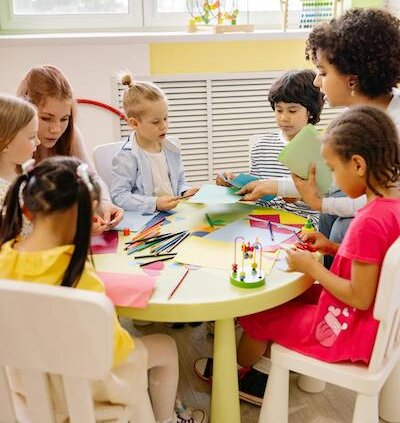The Practice of Compassion
Pema Chodron talks about compassion and says: “When we practice generating compassion, we can expect to experience our fear of pain....
 ADHD Treatment
ADHD TreatmentAttention Deficit Hyperactivity Disorder (ADHD) is a chronic condition that affects millions of children and often persists into adulthood. It encompasses a combination of persistent challenges, including difficulty sustaining attention, hyperactivity, and impulsive behavior.
Children with ADHD may also experience issues such as low self-esteem, difficulties in relationships, and poor academic performance. While most individuals do not outgrow their ADHD symptoms, they can learn strategies to manage them effectively. Early diagnosis and treatment can significantly improve outcomes.
ADHD is characterized by primary features of inattention and hyperactive-impulsive behavior. Symptoms typically emerge before the age of 12, with some children exhibiting noticeable signs as early as 3 years old. These symptoms can vary in severity, ranging from mild to severe. There are three subtypes of ADHD: predominantly inattentive, predominantly hyperactive/impulsive, and combined presentation.
Most healthy children are inattentive, hyperactive, or impulsive at one time or another. It is typical for preschoolers to have short attention spans and be unable to stick with one activity for long. Even in older children and teenagers, attention span often depends on level of interest. The same is true for hyperactivity. Young children are naturally energetic. In addition, some children just naturally have a higher activity level than others do.
Children who have problems in school but get along well at home or with friends are likely struggling with something other than ADHD. The same is true of children who are hyperactive or inattentive at home, but whose schoolwork and friendships remain unaffected.
Understanding the Challenges of ADHD in Children
Treatment for ADHD typically involves a combination of medications and behavioral therapy interventions.
Ready to reclaim focus and control over your life? Don’t wait any longer. Contact us today via our convenient contact form or by calling 561-408-1098 to start your ADHD treatment journey. With telehealth and in-person options available, we’re here to support you every step of the way.
Pema Chodron talks about compassion and says: “When we practice generating compassion, we can expect to experience our fear of pain....
Grief is relentless, a beast of an emotion. We ask ourselves: “When will I stop feeling the pain?”...
So often and so easily we make “our message” and “our gift” about us. But it’s not about us....
The healing process can be challenging as we attempt to navigate our feelings and emotions. Our minds, bodies and spirits are tethered together and so when we heal, we heal all parts of ourselves at o...